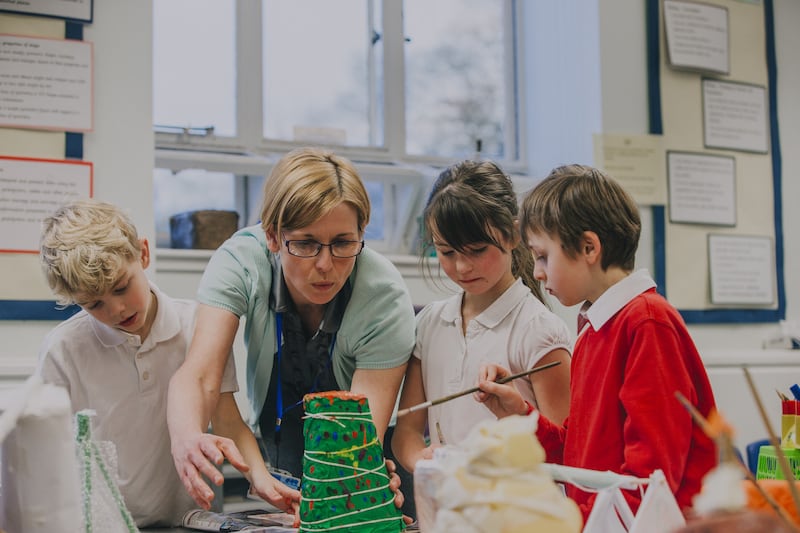A review of integrated education will be further delayed due to the assembly election.
It had been hoped recommendations for how the sector can be developed would be published last summer.
Former education minister John O'Dowd launched the review a year ago, saying growth of integrated schooling had slowed in the last decade.
The assembly was told last week, however, that it will not now be released until election campaigning has ended.
Government focus in recent years has moved away from promoting integrated education in favour of 'shared' models, although more recently some schools have been given approval to transform from state to integrated status.
Shared education typically involves neighbouring Catholic and non-Catholic schools working together, while integrated schools educate children from both backgrounds under one roof.
The review was to consider how potential investment from the Stormont House Agreement could be best used to increase the numbers of Catholic and Protestant pupils educated together.
The team has already published a summary analysis of responses to a consultation, which sought views on issues including required numbers of `minority' pupils, school ethos and whether integration should only be about Catholic and Protestant children.
Pupils that are recorded as not belonging to either of the two main traditions are classed as 'other' and are not included in the consideration of religious balance.
An integrated school with 100 Muslim children, 100 Catholic pupils and just 20 Protestants, while being diverse, would fail to meet existing criteria.
A significant majority (71 per cent) of responses agreed that "integrated education should continue to be primarily about educating young people from Protestant and Catholic backgrounds together".
The vast majority (87 per cent) felt that government has not been sufficiently proactive in supporting integrated education.
DUP education minister Peter Weir told the assembly that he received the report shortly before Christmas.
"The report was a little bit late in arriving, but I looked over it. It is not just a question of publishing but a question of seeking the public's views on it, so my intention had been to find a date in January to do that," he said.
"I understand from discussions that the protocol is such that you should not really be publishing during an election campaign.
"It needs to be given a proper viewing. I have managed to find a way that will mean that I have signed off on publication of that report on 2 March at 9.45pm.
"Therefore, no-one can accuse me of making a political football out of this by way of it impacting on the election."








